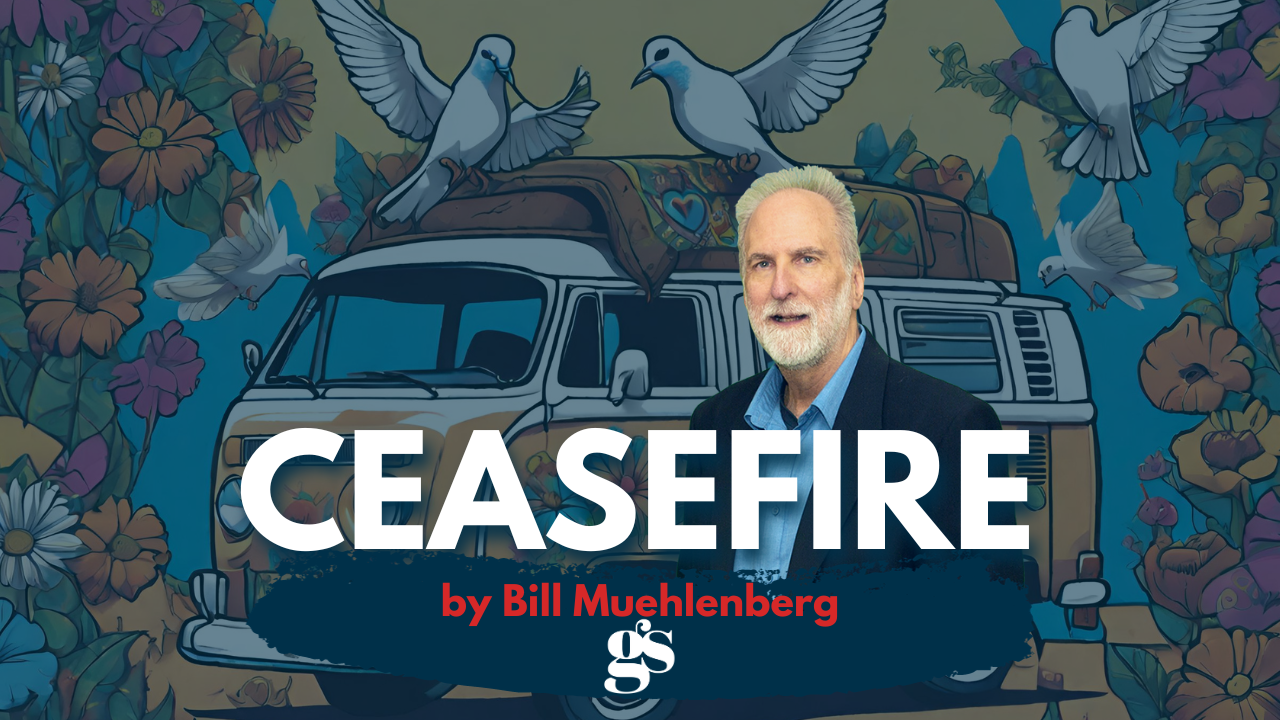Throughout history, humanity has grappled with the concept of war and violence, often attempting to delineate between justifiable conflict and acts of aggression deemed morally reprehensible. In examining the Bahá’í teachings on this intricate topic, one encounters profound insights that challenge conventional perceptions of warfare. This exploration interrogates whether truly ‘good wars’ exist or if all forms of violence are fundamentally spiritually bankrupt, as discerned through the lens of Bahá’í philosophy.
At the heart of Bahá’í teachings lies a commitment to universal peace and the oneness of humanity. Bahá’u’lláh, the founder of the Bahá’í Faith, articulates that humanity constitutes a single family, emphasizing the interdependence of all people. This foundational tenet posits that conflicts arise from ignorance, prejudice, and oppression, not from inherent defects in human nature. As such, the Bahá’í perspective on violence is anchored in the belief that war is an aberration from the divine order meant to unify humanity.
The Bahá’í writings elucidate various types of violence, offering a nuanced examination of the moral implications of each. Broadly categorized, violence can be physical, psychological, and systemic. Physical violence, manifested in warfare, is often justified by national interests or ideological conflicts. Yet, Bahá’í teachings argue that such justification fails to account for the sanctity of human life. To wage war is viewed as an affront to the spiritual reality of a unified mankind, leading to irrevocable loss not only of life but of moral integrity.
On the other hand, psychological violence—often shrouded in the subtleties of societal discourse—can exacerbate tensions and engender conflict without the need for physical combat. Verbal harassment, cultural derision, and systemic discrimination operate insidiously, undermining the foundational teaching of love and respect for all. This psychological warfare diminishes the progress of society, encouraging division rather than fostering unity. Bahá’í teachings condemn these practices as equally detrimental, advocating instead for dialogue, understanding, and collective healing.
Understanding ‘good wars’ requires delving into the historical context wherein certain conflicts may have been framed as necessary for justice or liberation. Herein lies an important distinction within Bahá’í thought. While some will argue that wars fought against tyranny or oppression may carry an inherent virtue, Bahá’í principles reject the notion that any violence can yield a spiritually uplifting outcome. The historical narrative of humanity brims with examples where war ostensibly aimed at achieving ‘greater good’ resulted instead in cycles of vengeance and further division.
Bahá’í teachings emphasize the necessity for societal evolution through nonviolent means. The spiritual bankruptcy of violence is not merely a theoretical stance; it is a call to action, urging individuals to pursue constructive and peaceful avenues for resolving conflict. Thus, the Bahá’í Faith presents a vision of global governance predicated on collaboration rather than confrontation. This model envisions institutions that prioritize diplomacy and understanding as a pathway to identifying solutions to communal and global disputes.
Central to this discourse is the concept of the oneness of humanity. The Bahá’í Faith posits that any attempt to justify war fundamentally undermines this principle. When individuals adopt the mindset that categorizes ‘us’ against ‘them,’ deeper societal rifts manifest. This division fosters an environment where violence is sanctioned and, in some cases, celebrated. However, the distortion of ethical principles that underpins such thinking is fundamentally at odds with the teaching that all people are deserving of respect and love.
Furthermore, the potential for spiritual bankruptcy through violence extends to the psychological toll it exerts on individuals and societies. Prolonged exposure to conflict and hostility impairs the capacity for compassion, stifling the inherent human inclination toward community and cooperation. Such damage is profound, resulting not just in immediate casualties but in long-lasting psychological scars that hinder spiritual growth and societal cohesion.
Bahá’í thought advocates for the transformative power of education and the cultivation of virtues as alternatives to the cycle of war. Through fostering understanding, individuals can develop the capacity to empathize and collaborate across perceived divides. Educational efforts aimed at promoting social justice, equity, and human rights are seen as essential pathways to overcoming the inclination toward violence. This proactive approach aligns with the belief that spiritual and moral development should be prioritized over militaristic agendas.
In conclusion, the inquiry into whether ‘good wars’ exist is met with a decisive rebuttal within the framework of Bahá’í thought. All forms of violence are characterized as spiritually bankrupt, as they contradict the essential tenets of unity and love for humanity. Instead of succumbing to the allure of conflict as a means of resolving disputes, Bahá’í teachings advocate for a robust commitment to peaceful coexistence. This path, underpinned by education, empathy, and mutual respect, is posited as the true and enduring solution to the age-old question of war and violence, thereby illuminating a path towards a harmonious and spiritually enriched existence for all of humanity.
